Let’s play “the glad game.” Like Pollyanna. I’ll go first: I am glad you’re reading this essay. I’m glad I walked 10,000 steps yesterday. I am glad the world isn’t as bad as it could be. I mean, it’s not great, but it could be worse. Right?
The 18th-century philosopher and theologian Gottfried Leibniz famously said that this world is the best of all possible worlds, which gives God far too much credit. Leibniz must have been insufferable at parties but his basic point is an omnipotent, all-powerful, and benevolent God knows what He’s doing. There is no way He would have created a garbage world full of pointless cruelty and suffering and crushing tedium.
Uh-huh. Great job, Almighty.
I stood in line today at Chipotle and thought, “This is the best of all possible worlds,” as I glumly pointed at what I wanted to be spooned into my burrito bowl. Later, at my apartment, I felt full of guacamole and carnitas and that feeling of fullness briefly delivered me from this best of all possible worlds, and I took a brief nap. I am not a theologian, but I would rather be full of beans than the Holy Spirit.
I know this is not the best of all possible worlds because I can imagine a much better one, where fairness is certain, and love is conditional. A just world that cares for the sick and comforts the lonely—a world where truth and kindness are celebrated.
It’s fair to say Leibniz was a “look on the bright side” guy. I like to think I’m the “take a long bath in the dark” type.
I am not a pessimist, though. I do not think this is the worst world of all the possible worlds. There are hells here, but this is not a Hell itself. I think, maybe, God’s a little lazy. Cocky. You’d think a celestial being would be a perfectionist. Like, did he have to rest on the seventh day? Could he have tried harder? Because from where I’m sitting, there’s still some work to be done. The world isn’t the best, but it can be better in theory. I’m just spitballin’ here.
I’m also not a cynic. Cynicism is the original blue check. It’s the favorite gravy of the over-educated. I do not think people are solely self-interested—a child’s instinct is to reach out, hug, and connect (and to vomit and smash.) I believe in collaboration and cooperation more than cold-blooded competition.
The best possible world is bountiful enough for everyone. That is what I believe but in the meantime, I’m hustling to pay my bills. That is the world I live in. Was capitalism a mistake, oh Lord? But if it was part of your divine plan, my celestial being, that is fucked up.
I don’t believe people are selfish, but this world gives us little choice. It is kill or be killed, eat or starve. This inequality is proof of God’s fallibility because otherwise, why would he have sent His one and only Son to Earth to correct his mistake, to walk around in the filth and the muck telling people to share and love each other and for that, the poor guy was tortured and murdered.
No. I am not a pessimist or a cynic. I know there is bad in the world and good, and I'm glad I can see the difference.
***
There is a 1960 Disney movie that my mom made me watch repeatedly as a kid. It is called Pollyanna and is very sentimental by today’s standards—naive and corny.
Based on a novel by children’s writer Eleanor H. Porter, Pollyanna tells the story of an orphaned little girl who is adopted by her coldhearted but rich Aunt, who rules a small town with an iron fist in the blissful year of our Lord nineteen hundred and ten.
The movie is an example of Walt Disney’s right-wing-ish obsession with the turn of the 20th century Americana, a fantasy where good white Christian folk waved to each other while strolling down clean, safe Main Streets full of general stores and soda fountains. A few years later, those towns — if they ever really existed — would disappear from the public imagination, replaced by trenches full of bodies riddled with bullets in trenches in France and a deadly pandemic that took the lives of hundreds of thousands. Our hero, Pollyanna, is no stranger to the horrors of life, her selfless, impoverished missionary parents having died.
The precocious and chirpy Hayley Mills plays Pollyanna in her first big-screen role. A year later, she’d play a pair of twins trying to get their divorced parents back together in The Parent Trap, possibly Disney’s best non-musical live-action movie. (I’m open to be wrong about that.)
The movie was directed by David Swift, who adapted the novel. It is meat-and-potatoes filmmaking, expertly produced, and family-friendly. The movie's plot is simple: Pollyanna's father taught her to play a game where she would list all the things she was glad about, and her sunny, indomitable spirit changes all the rotten townsfolk.
The locals are a collection of provincial stereotypes, and Pollyanna's innocence and open-heartedness soften even the hardest hearts. There's a fire and brimstone preacher played by the great Karl Malden, who Pollyanna reminds that the bible is full of positive "rejoicing texts" that celebrate joy and compassion. Adolphe Menjou is delightfully cranky as a cranky recluse, and legendary Agnes Moorehead is Mrs. Snow, a sickly, nasty old woman. Both of them see the light because of their friendship with Pollyanna.
Nancy Olson and Richard Egan are Nancy and Dr. Chilton, old flames who chafe under Aunty Polly’s iron fist and welcome Pollyanna’s positive attitude.
One of the movie's big scenes comes near the end after Pollyanna injures herself trying to climb back through her bedroom window after sneaking away to a carnival. It's a heartbreaking scene. Pollyanna is (temporarily) paralyzed by the fall and, for the first time, despairs. Oh, no, Pollyanna! Enter Dr. Clifton, who carries her out of bed and to a crowd of adoring and concerned adults. This always moved me as a kid because I wanted to believe every adult I knew cared deeply about me, especially those who didn't. And there were many.
The movie was popular and helped introduce the term “Pollyanna” into the lexicon, referring to someone who is a hopelessly cheerful dreamer. The word has negative connotations. A “Pollyanna” is usually annoying, but I’ve come around—we need more Pollyannas, even if they won’t shut up about “hope.”
The truth is, though, that Pollyanna is a traumatized young girl whose only defense against the brutish realities of life is grim determination. She will not be ground down, or at least, she will fight being pulverized for as long as she can, smiling even as her mouth fills with blood. The movie also popularized a saying attributed to Lincoln: “When you look for the bad in mankind, expecting to find it, you surely will.”
'The Glad Game' is a variation of the 'gratitude list,' which any recovering alcoholic will tell you is essential to staying sane in a chaotic world. I resisted such introspection but happiness requires choices, and playing 'the glad game,' like writing down all the things you're thankful for, is one of the things you can do to balance an unsteady heart. Focusing on what you have is the only match you can strike in the darkness. Focusing on what you have will always reveal an abundance you could not, or refused to, see.
I do not believe this is the best of all worlds, but I have little choice but to live in it. Unfortunately, life is not a burrito bowl. I do not get to choose the fillings. I can only hope there are other worlds where people like me fare better, worlds where love is the only law. In the meantime, I guess you can call me an unrealistic realist. A broken-down Pollyanna. I will play the glad game even if the only thing I have to be glad about is my thoughts, my voice, my heart. This is not the best of all worlds but it is mine, ours, I will share it with you even if you want both halves. Even if you try to take them. I’m pretty sure tomorrow will suck, but I’m open to being wrong.





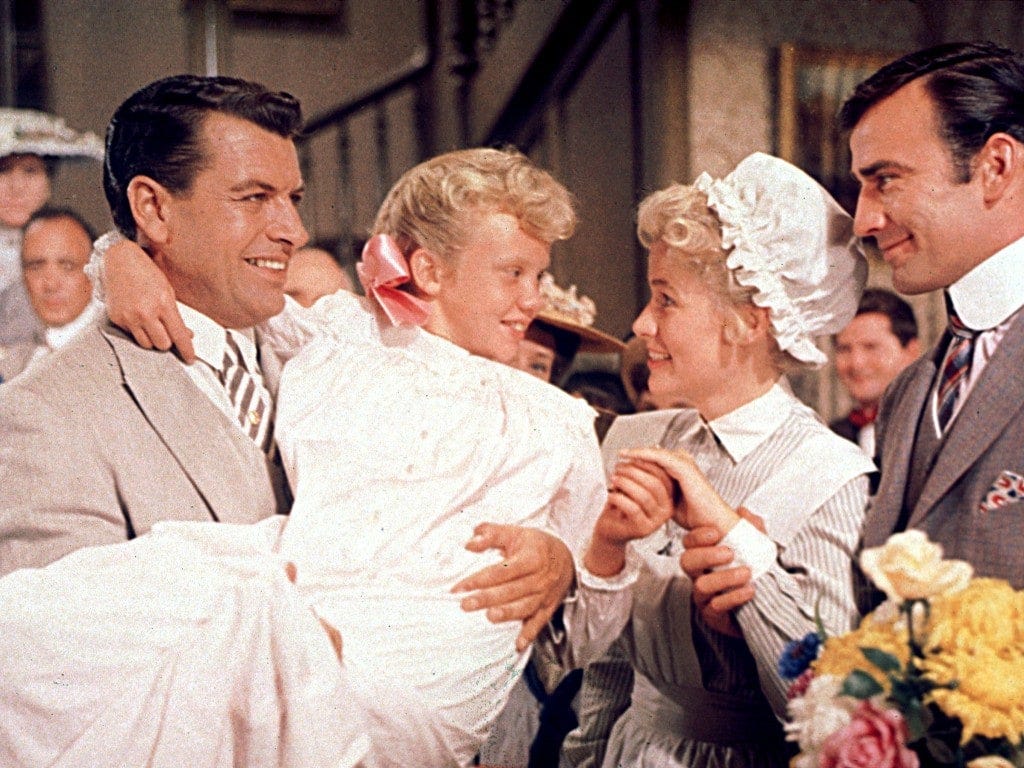
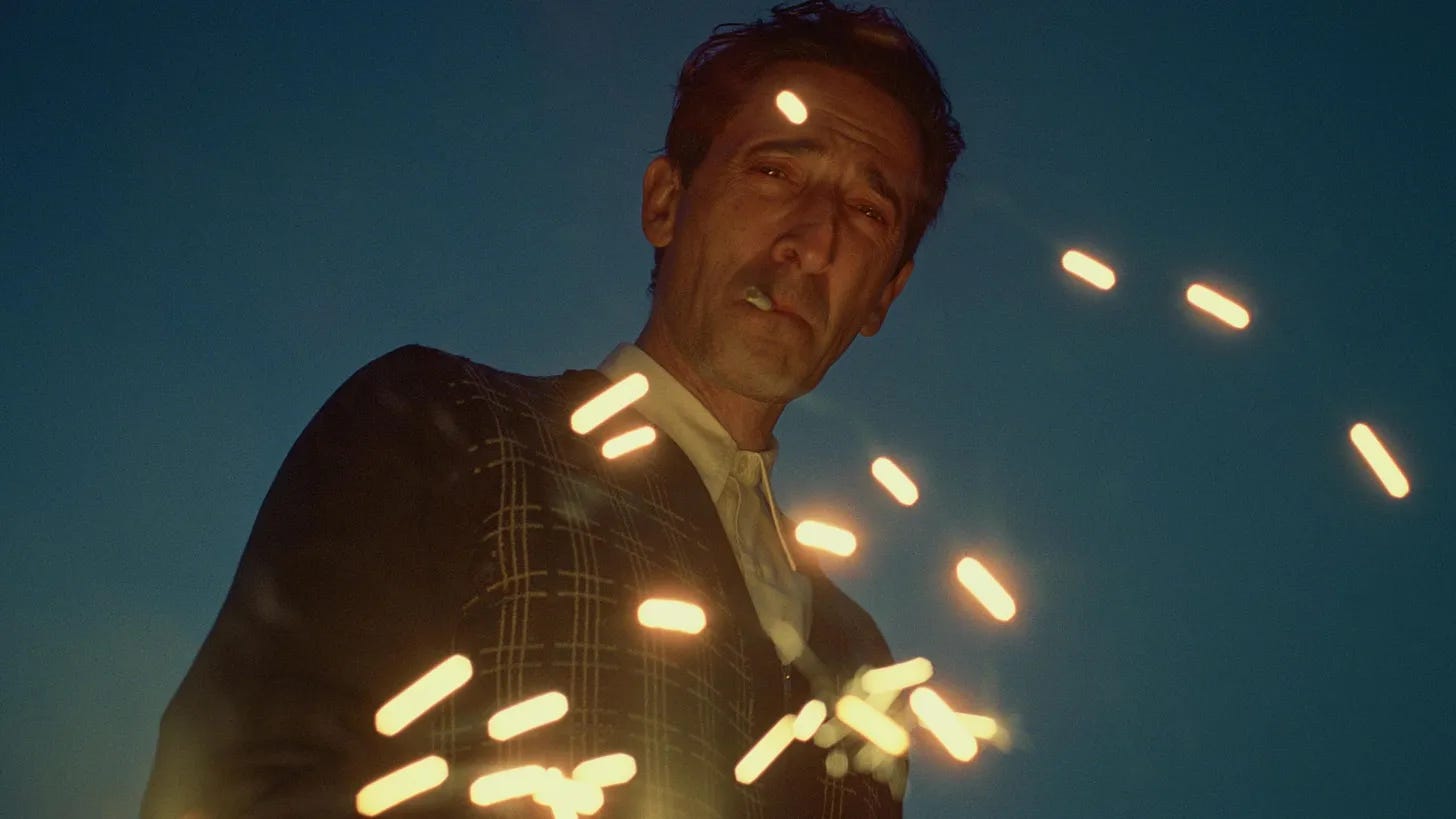
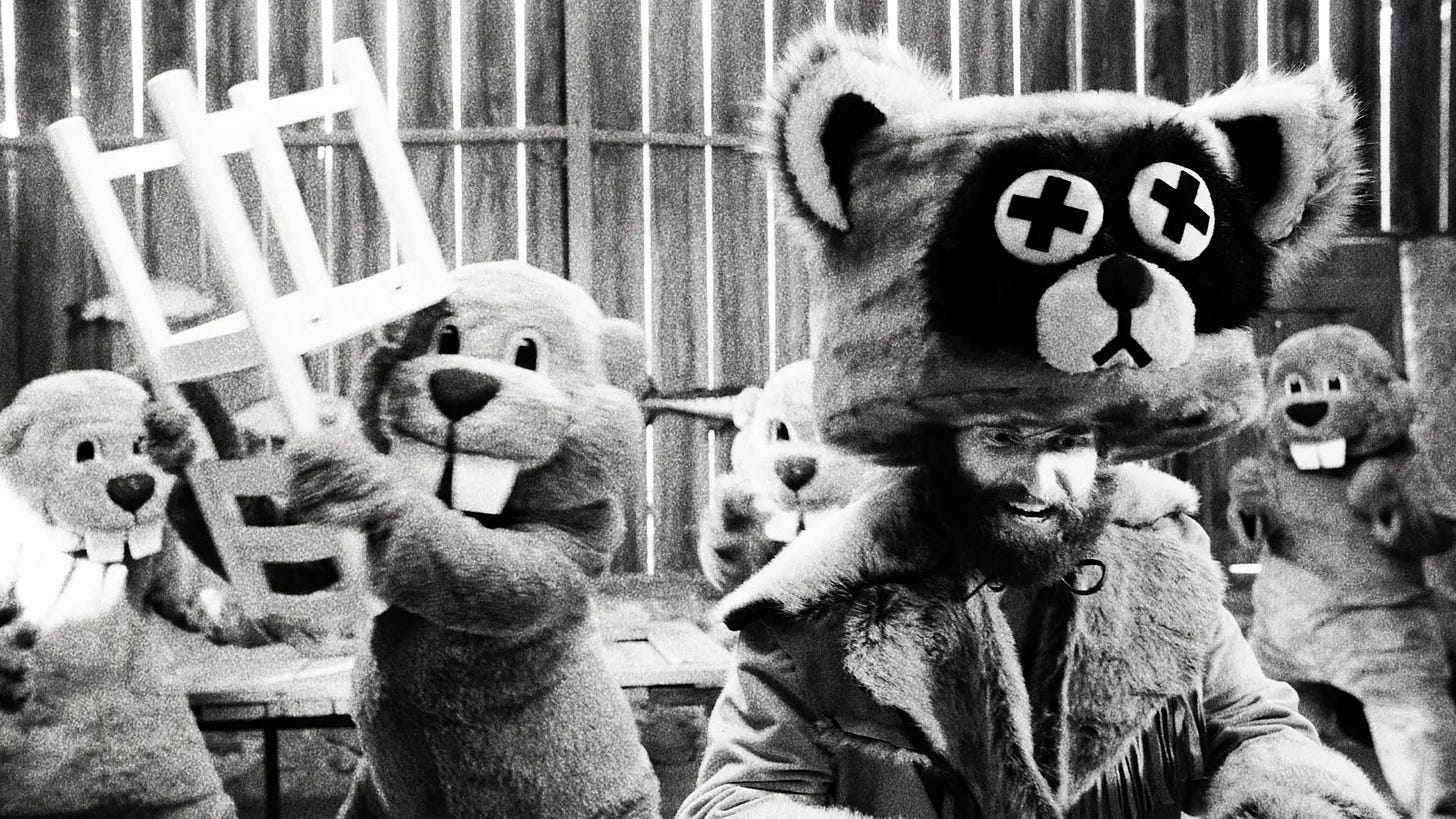
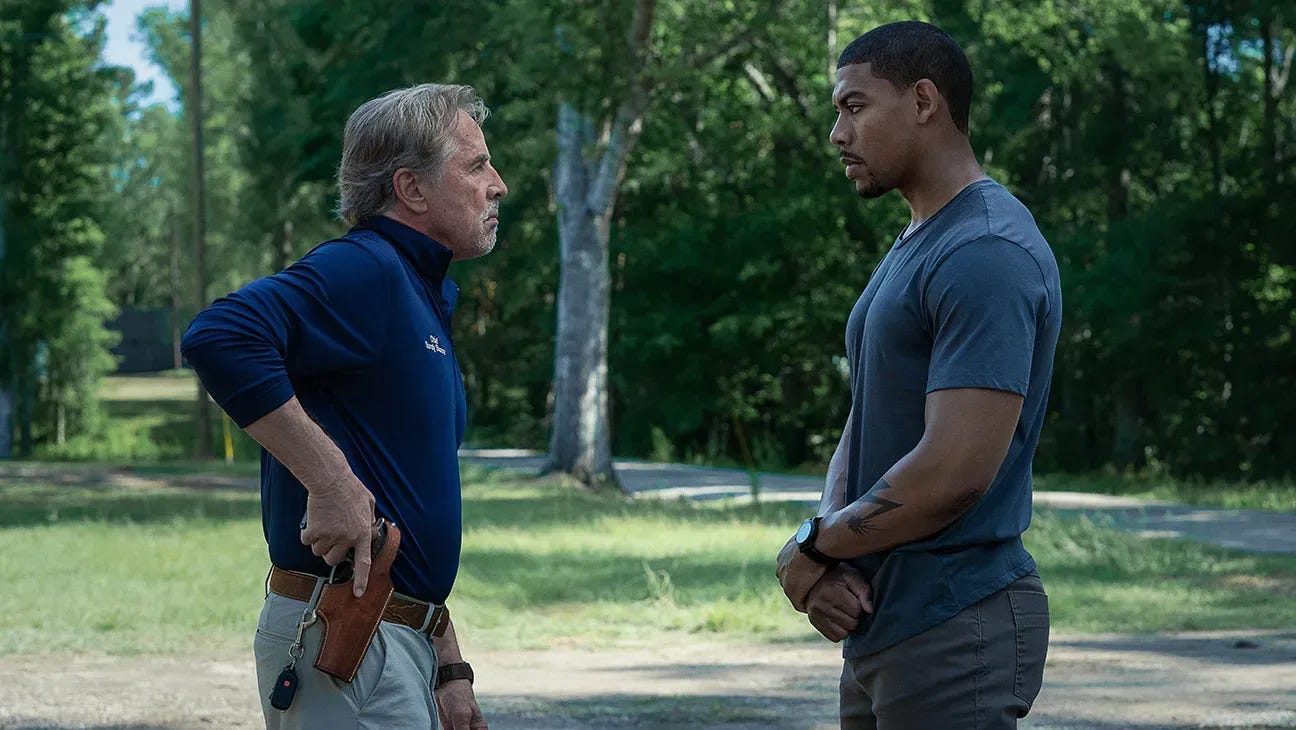
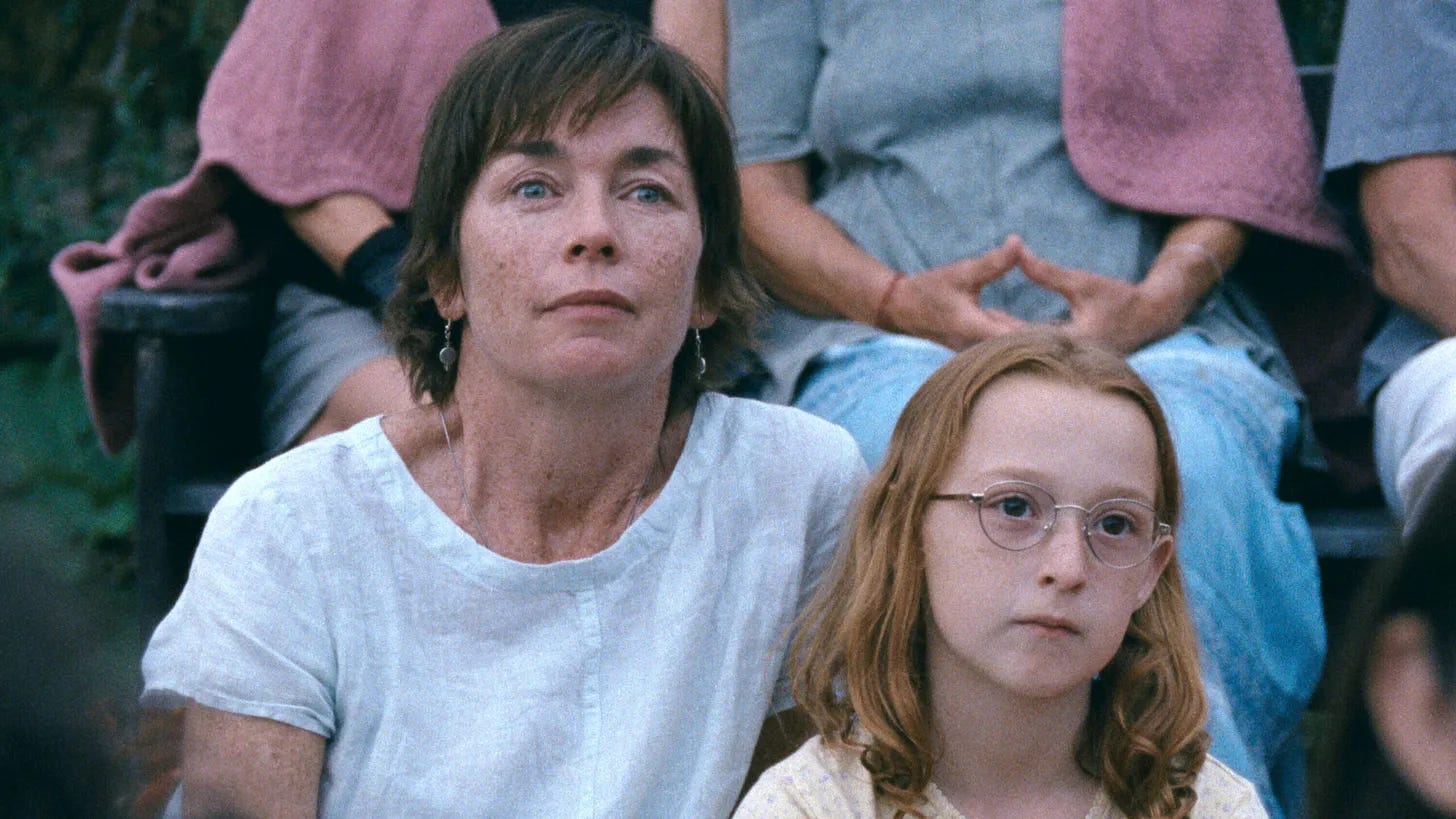
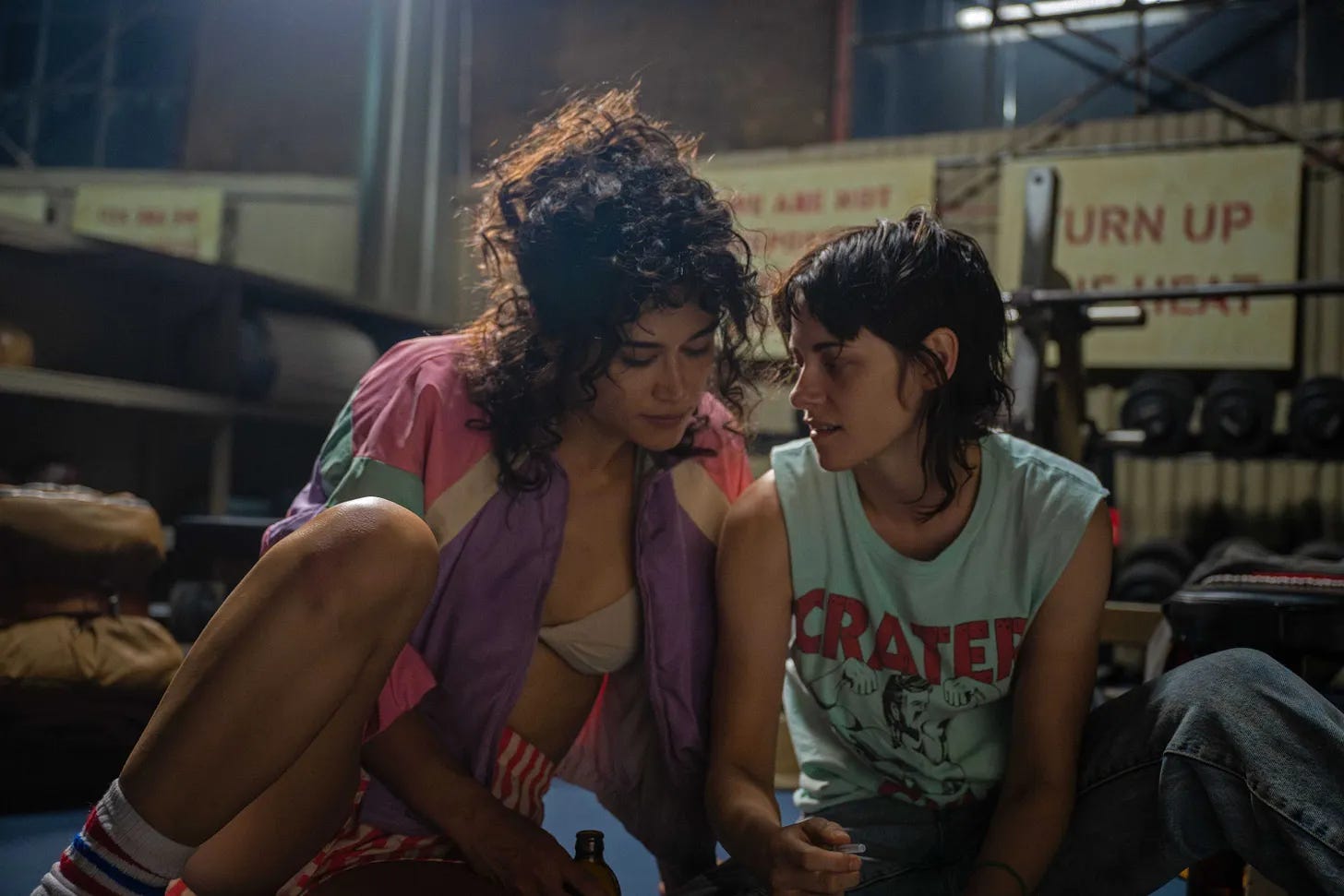
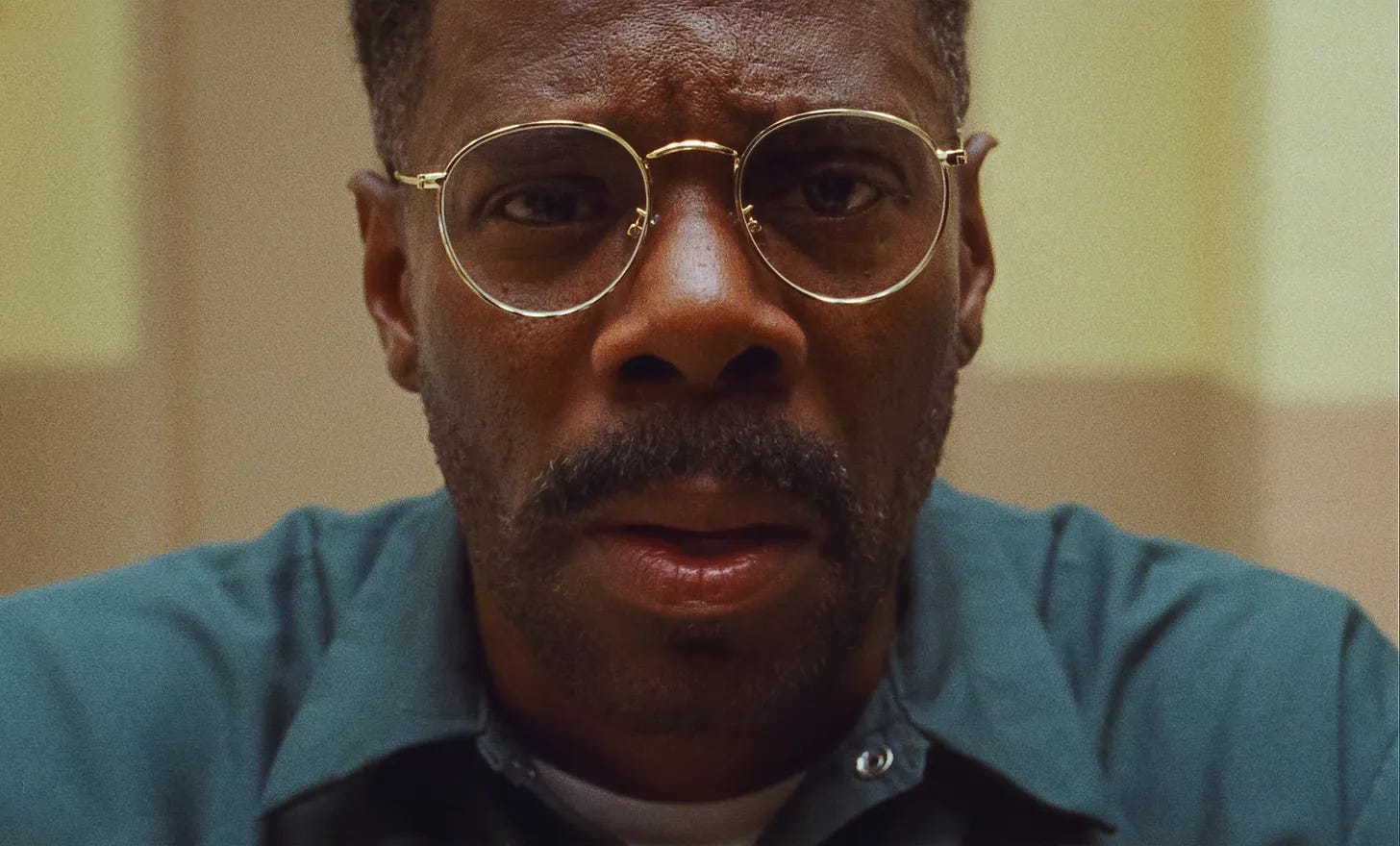

I watched Pollyanna OVER AND OVER as a kid, and I loved it. Though I have always been troubled by the ending. "It's okay, I'll be able to walk again!" A similar ending to An Affair to Remember, which is one of my favorite love stories of all time. Coincidentally (or not) I have not watched either in a very long time, and am a bit afraid to, as I expect that my adult eyes will see some things I missed as a kid and young adult.
But Pollyanna's staunch hope for happiness in a bleak moment is inspirational in a very real way. I also watched The Parent Trap hundreds of times, and still love it. (The mom, whose name escapes me, is a delightful actress in pretty much everything she's in.) The interesting thing about the film is that it doesn't vilify (too much) the grumpy people. They have faced tragedy and pain and are cranky because of it. (Especially her Aunt) Their response to pain is to (sometimes inadvertently) pass that on to other people and to protect themselves. They're hurting themselves as much as they're hurting each other. It's a sympathetic view, and none of the bad guys or gals have to be "put in their place" (as so many female villains often are).
Also, yes, Hundreds of Beavers was one of the best movies I watched this year. It was a delight. My husband and I saw someone talking about it, though we should remember to see it, and then watched it when it popped up in some streaming feed. It was amazing. Hysterical, bizarre, and perfect.
In 1910, Walt Disney was nine years old, and he was living with his family in the town of Marceline, Missouri, which was not unlike the town in this film then. Along with Main Street U.S.A. in Disneyland, and some of his other movies set in olden times, it has been suggested by his biographers that it represented something he loved from his past but could never entirely get back.